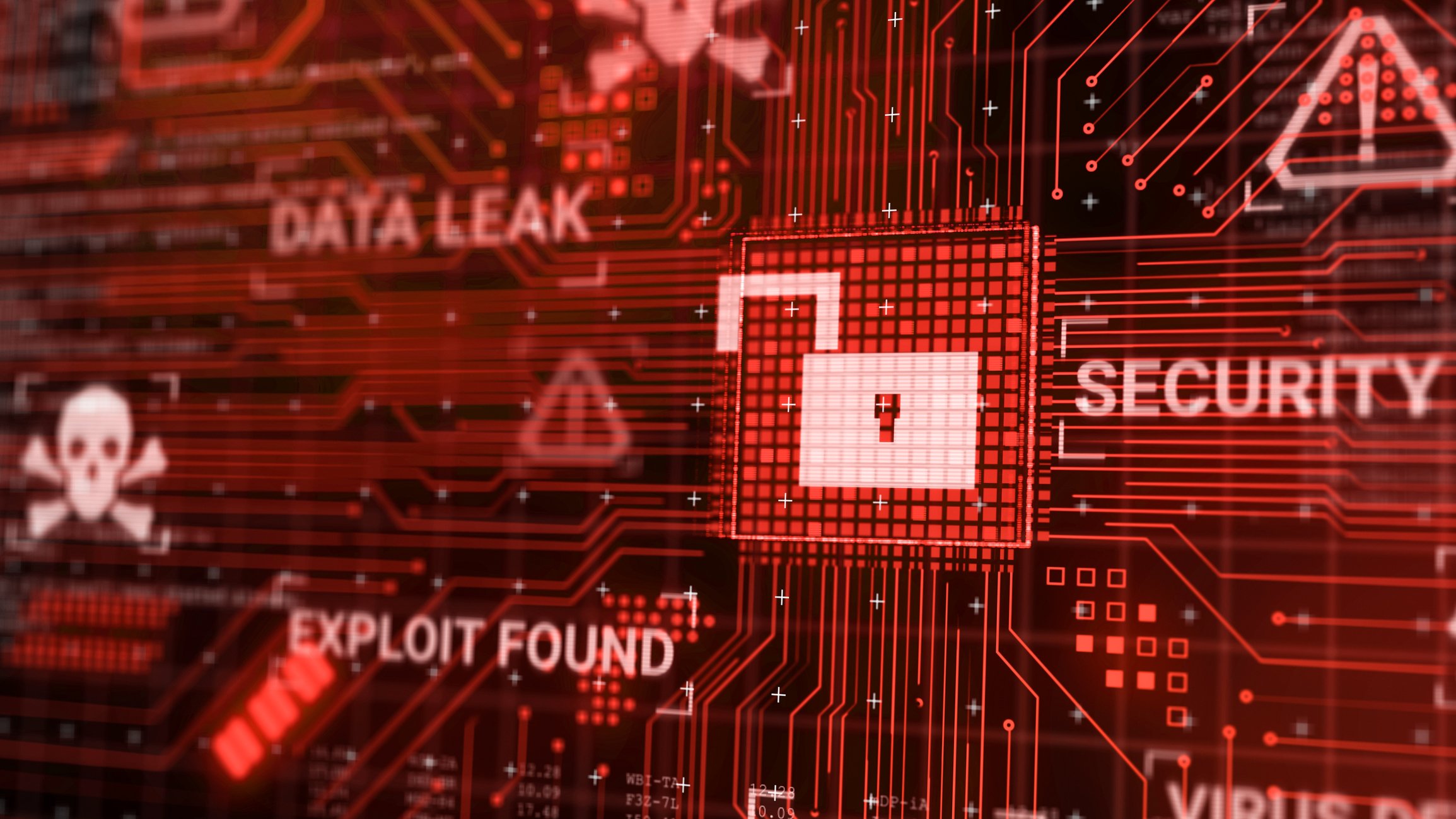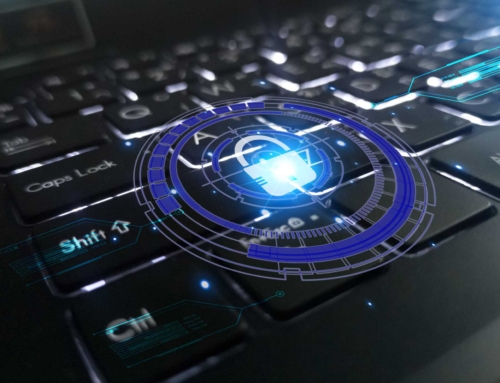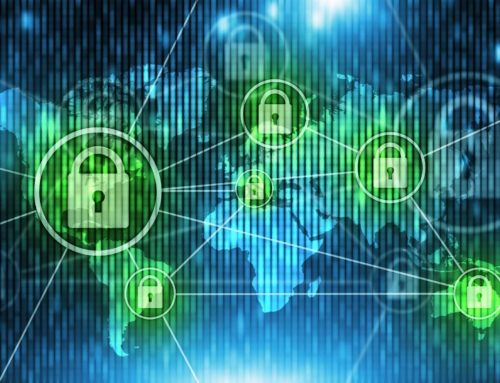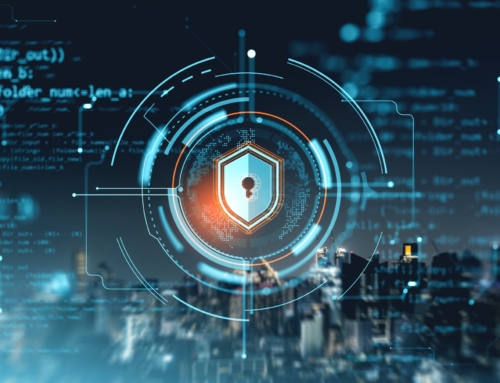Creating a Ransomware Response Team: Roles and Responsibilities
The Threat of Ransomware: Why a Dedicated Response Team Is Essential
Ransomware attacks have become a formidable threat to organizations of all sizes, with the potential to paralyze operations and compromise sensitive data. At Alvaka, we understand that the stakes are high when it comes to protecting our clients from these malicious threats. It’s not just about the immediate disruption – ransomware can have long-term reputational and financial repercussions. That’s why we firmly believe in the necessity of a specialized ransomware response team – a group of seasoned professionals dedicated to both the prevention of attacks and the efficient handling of any ransomware incidents that may arise.
Assembling the Team: Key Roles in Ransomware Response
Crafting a team equipped to tackle the complexities of ransomware demands careful selection of individuals who bring distinct expertise to the table. Our portfolio of skilled professionals encompasses a wide range of knowledge, ensuring that every aspect of ransomware defense and recovery is covered. From seasoned incident response managers to savvy cybersecurity specialists and strategic communications leads, each role is filled by someone who not only possesses the necessary skills but also a deep commitment to our clients’ security and continuity.
Setting the Stage for Success: Training and Preparedness
At Alvaka, we take no shortcuts when it comes to readiness. Preparation is the bedrock of our ransomware response philosophy. We consistently train our team, equipping them with the latest tools and knowledge to stay ahead of emerging threats. Our simulations and drills are rigorous, designed to ensure that when a real-world incident occurs, our response is swift, coordinated, and effective. We prioritize not just the hard skills required to mitigate attacks but also the soft skills essential for clear communication during a high-stress incident. This comprehensive approach to training and preparedness is how we set the stage for success, ensuring our team is always ready to defend your interests.
Defining the Core Roles in Ransomware Response Team
Incident Response Manager: Leading the Charge Against Attacks
At Alvaka, we understand the critical nature a ransomware attack presents to your business. As part of our commitment to robust cybersecurity, our Incident Response Manager heads the ransomware response team with decisiveness and strategic oversight. This role coordinates all response activities and decisions, ensuring a swift and comprehensive approach to contain and eradicate the threat. Additionally, our Incident Response Manager liaises with external stakeholders and law enforcement to ensure the attack is handled in accordance with the highest standards of legal and ethical parameters.
Cybersecurity Specialists: Frontline Defense and Tactical Response
Our Cybersecurity Specialists are the backbone of the defense against ransomware. With a breadth of knowledge in threat detection, mitigation, and prevention strategies, these team members work tirelessly to identify the source of the breach. They deploy advanced tools and techniques to halt the spread of ransomware and work on securing network vulnerabilities to prevent future incidents. These specialists are committed to staying abreast of the latest cybersecurity trends, ensuring that Alvaka provides top-tier protection for your digital assets.
Communications Lead: Managing the Message During Crisis
The role of the Communications Lead is critical in maintaining transparency and trust during a ransomware incident. This individual is responsible for crafting clear, accurate messages to inform all parties, from employees to clients, without causing undue alarm. We develop communication plans that address the various stages of incident response, ensuring that stakeholders are kept informed with timely updates. By managing the information flow, we prevent the spread of misinformation and maintain the integrity of your organization’s reputation.
Supporting Roles That Enhance Ransomware Response
Legal Advisor: Navigating the Regulatory and Legal Landscape
In the midst of a cyber crisis, navigating legal complexities is vital. Our Legal Advisors provide essential guidance on matters such as data breach notification laws and contractual obligations with third-parties. They help to minimize legal risks and ensure that our response actions are compliant with relevant laws and regulations. Their involvement is crucial for managing potential litigations and regulatory inquiries that can arise from ransomware incidents.
IT Support Members: Restoring Operations and Safeguarding Data
Members of Alvaka’s IT support team play a pivotal role in the aftermath of a ransomware attack. Their technical expertise is vital for restoring systems and data from backups, assessing damage, and implementing measures to reinforce our clients’ cyber defenses. Through diligent effort, they strive to minimize downtime and assist in the recovery process, which is crucial for resuming normal business operations promptly and securely.
Human Resources: Addressing Employee Concerns and Policy Enforcement
Human Resources is an integral part of the ransomware response team, addressing personnel-related issues and enforcing cybersecurity policies. They ensure that employees are informed about their roles in the response plan and are trained to recognize and report potential security threats. Furthermore, HR manages the sensitive aspects of personnel who may be implicated in a breach, always treating such matters with the utmost confidentiality and professionalism.
Streamlining the Response Process: Collaboration and Coordination
Establishing Clear Protocols for Rapid Response
At Alvaka, we emphasize the importance of established protocols that allow for rapid mobilization in the wake of a ransomware threat. Our preparations include actionable response plans and clear lines of authority, ensuring that each member of the ransomware response team knows their responsibilities. This quick activation is critical to constraining the scope of the attack and mitigating its impact.
Ensuring Effective Interdepartmental Communication
Fostering strong communication among all departments is pivotal to a successful response to ransomware. By aligning our IT, legal, HR, and communications teams, we forge an interconnected framework that is more resilient in the face of cyber threats. Our culture of collaboration ensures that critical information is shared, and coordinated strategies are employed to overcome challenges swiftly.
Continual Review and Improvement of Response Strategies
Our dedication to excellence involves a continuous process of reviewing and refining our response strategies. We understand that the threat landscape is ever-evolving, and our team remains committed to learning from each incident. Through regular training, simulations, and assessments, we fortify our cyber defenses and enhance our readiness for future threats. This proactive approach keeps us at the forefront of cybersecurity, providing peace of mind for our clients.
Did you know that assembling a dedicated ransomware response team can significantly reduce recovery time after an attack, averting extensive damage to data and infrastructure?
Measuring the Effectiveness of Our Roles in Ransomware Response Team
In the landscape of digital threats, the role of a dedicated ransomware response team cannot be understated. At Alvaka, we measure the effectiveness of our roles in the ransomware response team not only by our ability to mitigate attacks but also by how we enable businesses to thrive post-recovery. It’s a holistic approach that centers on preparedness, agility, and resilience, ensuring that our clients emerge stronger and more secure from any ransomware event.
Ensuring Comprehensive After-Action Review
After addressing a ransomware incident, our team conducts an extensive after-action review. This crucial step allows us to evaluate every aspect of the response, including how effectively each member of our team fulfilled their roles, and how our protocols stood up against the threat. This leads to an iterative process where we fine-tune our strategies and enhance our training, ensuring our team is better prepared for future events. Driving continuous improvement is at the core of our ethos, and it ensures that each role within the ransomware response team evolves with the threat landscape.
Assessing Client Confidence and Satisfaction
Client confidence and satisfaction are paramount to us. After the resolution of a ransomware incident, we engage with our clients to gather their feedback. Their perceptions and experiences provide us with valuable insights into the effectiveness of our communication, the technical competency of our response, and the overall impact of our efforts on their operations. This direct feedback loop informs our strategic direction and service improvements, ensuring that our clients’ trust is honored with exceptional service.
Ransomware recovery is not just about restoring data; it’s about restoring business continuity and peace of mind. We’re committed to making sure that every one of the roles in our ransomware response team is optimized to contribute to that end. By aligning our goals with the needs of our clients, we don’t just bring systems back online; we power the restoration of normalcy and progress for the organizations we serve.
Monitoring Long-Term Security Posture Improvements
The true testament of an effective ransomware response team extends beyond the immediate crisis. It’s in the long-term security posture improvements that we can see the lasting impact of our roles. Our responsibility is to ensure that each client’s defenses are not only restored but reinforced. This means continuous risk assessments, implementing enhanced security measures, and offering ongoing education for our clients. By taking a forward-thinking approach, the roles in our ransomware response team become a part of our clients’ ongoing journey towards a more secure future.
At Alvaka, our dedication to excellence is reflected in the success stories of the businesses we protect. With the right roles in a ransomware response team, a comprehensive strategy, and an unwavering commitment to our clients, we stand at the forefront in defending against and recovering from ransomware threats. By ensuring that our responses are swift, our teams are prepared, and our strategies are robust, we can confidently say that the safety and success of our clients’ digital assets are in capable hands. Together, we build resilience into the very fabric of the businesses we serve, fostering an environment where growth and security go hand in hand.
FAQ
What is a ransomware response team? ▼
A ransomware response team is a specialized group within an organization that is prepared to manage and mitigate the threats posed by ransomware attacks. Comprised of individuals from various departments, this team is responsible for coordinating a timely and effective response should an attack occur.
Who should lead the ransomware response team? ▼
The Incident Response Manager typically leads the team, as this individual is crucial in orchestrating the response to a ransomware attack. They will coordinate the team’s efforts, make strategic decisions, and ensure all roles are working together seamlessly towards a resolution.
What role do cybersecurity specialists play in a ransomware response team? ▼
Cybersecurity specialists serve as the frontline defense against ransomware. They assess the scope of the attack, contain the threat, and work on eradicating the ransomware from the system while striving to prevent future attacks.
Why is a communications lead important during a ransomware crisis? ▼
A Communications Lead is essential as they manage the flow of information to stakeholders, the public, and possibly law enforcement agencies. Moreover, they ensure that the messaging is consistent, accurate, and aligns with our strategies for mitigating any potential damage to our reputation.
Should our ransomware response team include a legal advisor? ▼
Yes, a Legal Advisor should be included as they provide guidance on legal responsibilities, help navigate the complex landscape of compliance and regulations, and provide advice on potential legal actions that could be pertinent to a ransomware attack.
How do IT support members contribute to ransomware response? ▼
Our IT Support Members are crucial in restoring and maintaining operations following a ransomware attack. They work to recover data, ensure backup systems are functioning, and implement measures to reinforce system security.
In what ways does the human resources department assist during and after a ransomware attack? ▼
Human Resources plays a critical role in addressing employee concerns, reinforcing security policies, and managing any personnel issues that arise. They also assist in communicating important information across the organization and support staff through the disruption.
How do we establish clear protocols for a rapid ransomware response? ▼
We establish clear protocols by developing a comprehensive incident response plan that includes predefined action steps, communication strategies, and specific responsibilities for each team member, thus ensuring that everyone knows what to do in the event of an attack.
Why is effective interdepartmental communication crucial in ransomware response? ▼
Effective interdepartmental communication is crucial because ransomware attacks affect various parts of our organization. By maintaining open lines of communication, we can ensure that information flows efficiently, allowing for quicker decision-making and a more unified response effort.
How does our organization continually review and improve ransomware response strategies? ▼
We continually review and improve our response strategies by conducting regular training exercises, simulating ransomware scenarios, analyzing past incidents, and staying up-to-date with emerging threats. Consequently, this approach allows us to adapt and enhance our readiness for future incidents.








 Smoke testing is a term used to describe the testing process for servers after patches are applied.
Smoke testing is a term used to describe the testing process for servers after patches are applied.  This is a basic cost calculator for you to compute your typical monthly cost for patching your servers, PCs, laptops, tablets and associated application software. It also forms the basis for you to begin calculating your Return on Investment for software patching, or for comparison with alternatives to the manual process of patching operating systems and application software—such as Patch Management as a Service, also known as Vulnerability Management as a Service.
This is a basic cost calculator for you to compute your typical monthly cost for patching your servers, PCs, laptops, tablets and associated application software. It also forms the basis for you to begin calculating your Return on Investment for software patching, or for comparison with alternatives to the manual process of patching operating systems and application software—such as Patch Management as a Service, also known as Vulnerability Management as a Service.